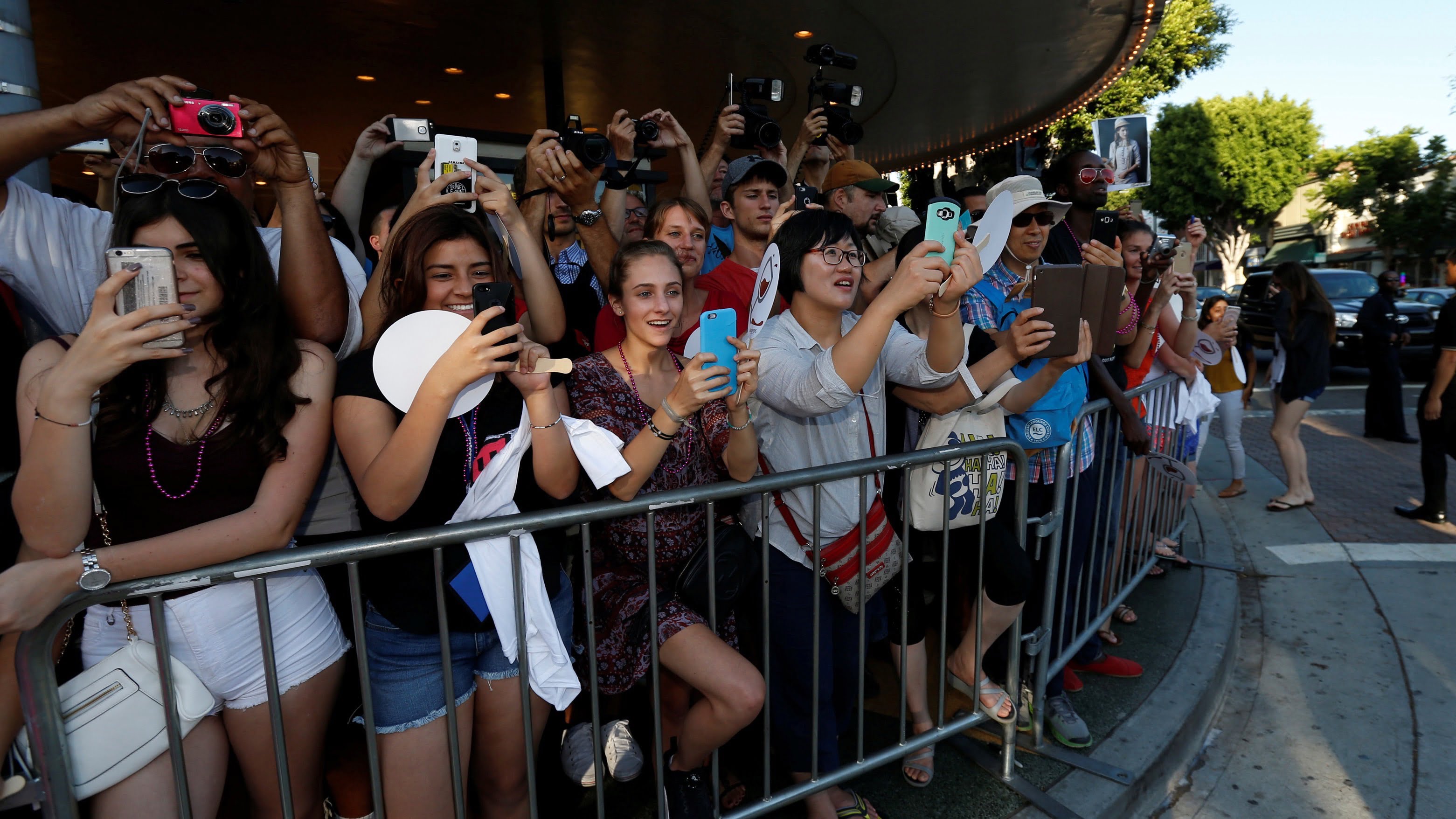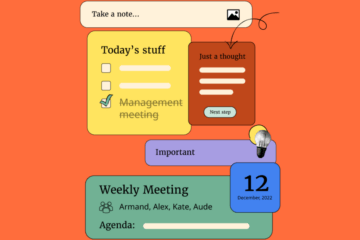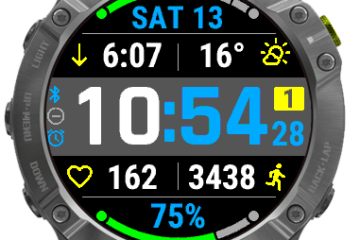
The chatbot uprising hasn’t killed the app economy yet.
Some have argued that chatbots booking flights, calling cabs and evenoverturning parking tickets could spell doom for apps, especially since messaging platforms such as Facebook Messenger and Skype are allowing developers to add these convenience bots.
But the numbers still show an upward trend for smartphone apps: By July 2016, they accounted for half of the time spent on digital media by US consumers, up from 41% two years ago, according to comScore’s latest report.
And there’s no reason to think apps have peaked, as some critics argue. As smartphone screens get bigger, watching shows and navigating the web on the go becomes easier. And over 87% of mobile traffic is within apps, said comScore’s vice president of marketing and insights, Andrew Lipman. Smartphone app growth continues to take bites out of users’ time spent on tablets and desktops.
What’s more, the super-popular apps, including Facebook’s, don’t show signs of fatigue. In 2015, it was the most popular app in the US by a solid margin, with 126 million unique visitors from the country. It was also on almost half of users’ smartphone home screens, according to comScore’s 2015 US Mobile App report. It’s a top-three app for almost 80% of users, according to comScore, and number one app for almost half of them. (And let’s not forget that chatbots also need a platform to live on.)
It’s true that users aren’t buying many new apps these days—the average American smartphone user downloads zero apps per month. “That doesn’t mean you don’t have a ‘Snapchat’ breakthrough every so often, but those are the exceptions rather than the rule,” Lipman explained. But the slowdown in downloads tends to have the most impact on new entrants, rather than established players.
Of course the hours that we spend on apps don’t necessarily translate to revenue for app makers, and higher engagement time doesn’t always indicate that a smartphone app has a lucrative business model. Time spent on apps such as Uber and Amazon, for instance, yields quicker money than time spent on one like Whatsapp.
However, time on apps does provide a lens into consumer behavior—and apparently people still love consuming news, entertainment and social media on the go.
[Source:-Quartz]




